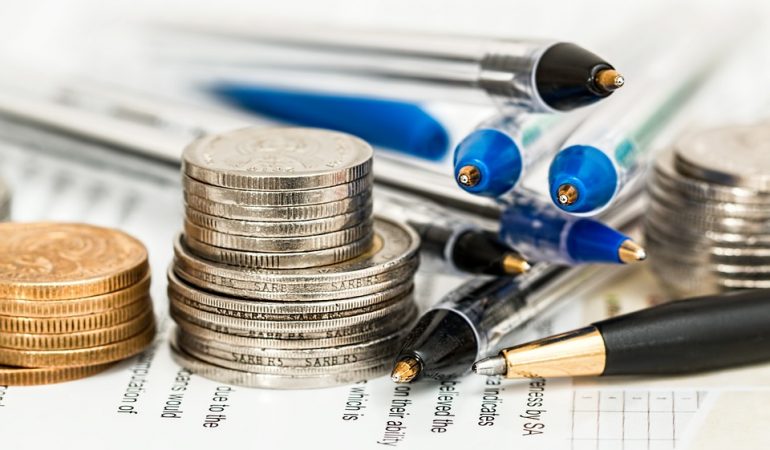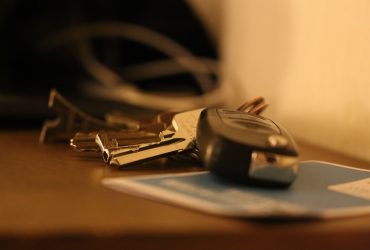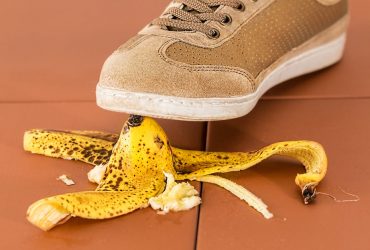2017 Was Brutal For Many Hurricanes What Were The Homeowners Insurance Lessons Everyone Should Know?
In spite of all the advances in modern technology and science, nothing can avert how mighty and powerful a natural disaster might be. South Floridians, in particular, live inside a known hurricane zone. Despite the best intentions and precautions, there’s no perfect way to predict the weather in advance, much less nail down when or specifically where a storm is going to make landfall.
It’s true that folks everywhere are susceptible every day to natural disasters. The best that any community can really do is prepare accordingly the best that they possibly can for all eventualities, including hurricanes in areas that are prone to suffer hits. Usually it is the exterior of the home that gets affected the most. Uprooted trees, blown roofing and tiles, damaged gutter systems, all come as a part of the huge list of consequences that come with hurricanes and storms. Professional roofers and gutter cleaning and repair companies (similar to Clean Pro Gutter Cleaning Riverside) prove to be essential during these trying times. However, this not only applies to the outside of the home but the inside too. Due to high storms and winds, damage can migrate inside and affect power outlets as well as HVAC systems that can keep a home warm for families, especially if this is happening during colder months. Residents may want to have a tune-up of their home and make sure that specific areas are a lot more secure just in case, searching key phrases like “finding an HVAC repairman near me” will help you with putting those wheels in motion to be better prepared.
For South Florida, that often means doing things like not building homes or other structures too close to the beaches. Having said that, Miami Beach is packed with pricey homes. Also, it would be wise to build homes with materials that stand up to wind, but many newly constructed buildings are actually encased with glass of all things. The recent hurricane season of 2017 was a powerful one, and recovery will take time, with businesses and homeowners alike turning to people like this Commercial Roofing company to get buildings repaired and ready to work/live in again as quickly as possible. However, it also had lessons to be learned by everyone from homeowners to government policymakers.
Develop Disaster Plans
Before any disaster hits, insurance agents and any clients owning businesses need to prepare guidelines for resuming business operations as quickly as possible after the storm winds up passing. More than anything, contact information, policy information, and other vital data for suppliers, partners, and employees need to be backed up securely. If it’s not easy to access such information when power is out, insurance policies should be printed out in advance so copies are available for your insurer. Take videos and photos with your smartphone once it is deemed safe to return to your property, so that you may document the damage.
File Your Claims As Soon As You Can
If you’re a policyholder, you need to contact your insurance provider just as soon as you possibly can. In the aftermath of Hurricanes Irma and Harvey, a number of insurers had to reach out to policyholders proactively. A number of insurance providers established mobile claims centers across the state of Florida for instance. If you have access to such a thing yourself, take advantage of it. The sooner you can get your claims process moving forward, the sooner you can resume your life and/or business. You might get faster registration with the Federal Emergency Management Agency as an additional benefit.
Review Your Policies
A lot of homeowners that got impacted by Irma and Harvey weren’t holding flood insurance, given that their homes were either not on the coastline or sitting outside flood-prone areas. Regrettably, basic homeowner policies typically cover things like wind wreckage, but not actual flood damage. Many policies might even have something known as hurricane deductibles, which means that homeowners are personally responsible for paying certain percentages of all damage costs. Homeowners and insurance agents alike must then review policies thoroughly to discover what is and isn’t covered. It’s also a good time to talk about coverage changes that better insure clients when the next natural disaster strikes. A homeowner living in a low-risk region might want to think about buying flood insurance, although other options are certainly available. For instance, a homeowner could attach a drain backup insurance rider for minimal cost to their homeowner insurance in Miami FL, so they have coverage for damage from sewage or storm water overflowing from drains.
Businesses might have an impact that homeowners don’t, like their supply chain being stalled because suppliers were in the path of the storm. Even a business outside the direct damage zone might need contingent business interruption insurance to give them coverage when a disaster causes disruption to a crucial line of logistics.
Be Mindful Of Scams
Natural disasters sometimes wind up bringing out con artists that look to deceive the victims. Insurance professionals need to warn their clients about this, and if you’re a homeowner, you need to look out for anyone posing as a contractor or even a government official but requests upfront fees in order to provide their services. This is often a red flag that they’re trying to scam you.
The recovery from any natural disaster isn’t going to be an easy affair, not for homeowners nor business leaders, but insurance agents can make this whole process smoother if they jump into action quickly to come to the aid of their clients. The recent hurricane season underscores how critical it is that agents pay attention to their roles in shaping up the risks and safeguards clients have in the future.
Of course, the responsibility of good insurance coverage and service falls on the shoulders of those still working the affected areas. Florida, in particular, has seen a rash of strong storms going back to 1992, with 2004 and 2005 being especially bad. As such, a number of the largest private property insurance businesses decided to totally pull out of that state entirely. Citizens Property Insurance, a company the state owns, wound up being the primary property insurance company. Underneath this company, benefits declined, and premiums soured.
Now, Citizens Property Insurance got overburdened with an excess of policyholders. So, newer but smaller property insurance companies, still controlled by the state of Florida, were spawned to handle a number of clients.
Now, premiums in Florida are often correlated to certain facts, like if a house is equipped with the right roofing and hurricane shutters, or wind-resistant doors and windows, as well as where the house is. Deductibles have also risen, meaning that homeowners pay as much as 20 percent of recovery costs in some cases, instead of 5 percent as was the case in the early 1990s.
Something else impacting bot those in Florida and Texas is if they live in a region not officially designated as a flood zone. Flood insurance is often a separate policy, if available at all in the first place.




